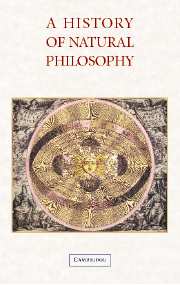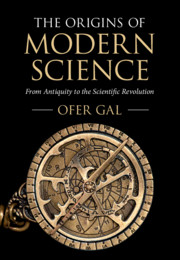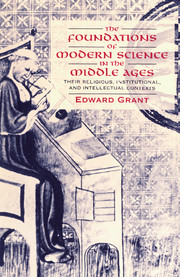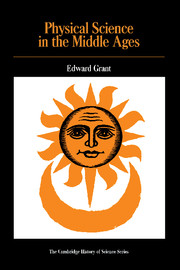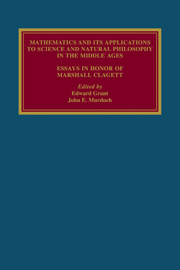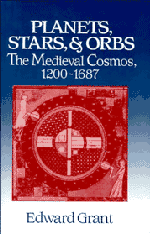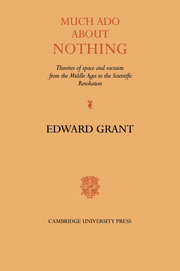A History of Natural Philosophy
Natural philosophy encompassed all natural phenomena of the physical world. It sought to discover the physical causes of all natural effects and was little concerned with mathematics. By contrast, the exact mathematical sciences were narrowly confined to various computations that did not involve physical causes, functioning totally independently of natural philosophy. Although this began slowly to change in the late Middle Ages, a much more thoroughgoing union of natural philosophy and mathematics occurred in the seventeenth century and thereby made the Scientific Revolution possible. The title of Isaac Newton's great work, The Mathematical Principles of Natural Philosophy, perfectly reflects the new relationship. Natural philosophy became the 'Great Mother of the Sciences', which by the nineteenth century had nourished the manifold chemical, physical, and biological sciences to maturity, thus enabling them to leave the 'Great Mother' and emerge as the multiplicity of independent sciences we know today.
- Readable history of natural philosophy, from its pre-literate origins to the nineteenth century, which discusses how this history was important for the emergence of modern science
- Includes discussions of the Arabic and Islamic traditions of natural philosophy
- Has a breadth that will make the book valuable for university courses
Reviews & endorsements
'Edward Grant is one of the world's greatest authorities on medieval science. In the book under review he brings together his lifelong research on medieval science to reflect on the relation between natural philosophy and science.' Medical History
Product details
March 2007Paperback
9780521689571
376 pages
226 × 150 × 25 mm
0.5kg
Available
Table of Contents
- 1. Ancient Egypt to Plato
- 2. Aristotle (384–322 BC)
- 3. Late antiquity
- 4. Islam and the eastward shift of Aristotelian natural philosophy
- 5. Natural philosophy before the Latin translations
- 6. Translations in the twelfth and thirteenth centuries
- 7. Natural philosophy after the translations
- 8. The form and content of late medieval natural philosophy
- 9. The relations between natural philosophy and theology
- 10. The transformation of medieval natural philosophy from the early modern period to the nineteenth century
- Conclusion
- Notes.

